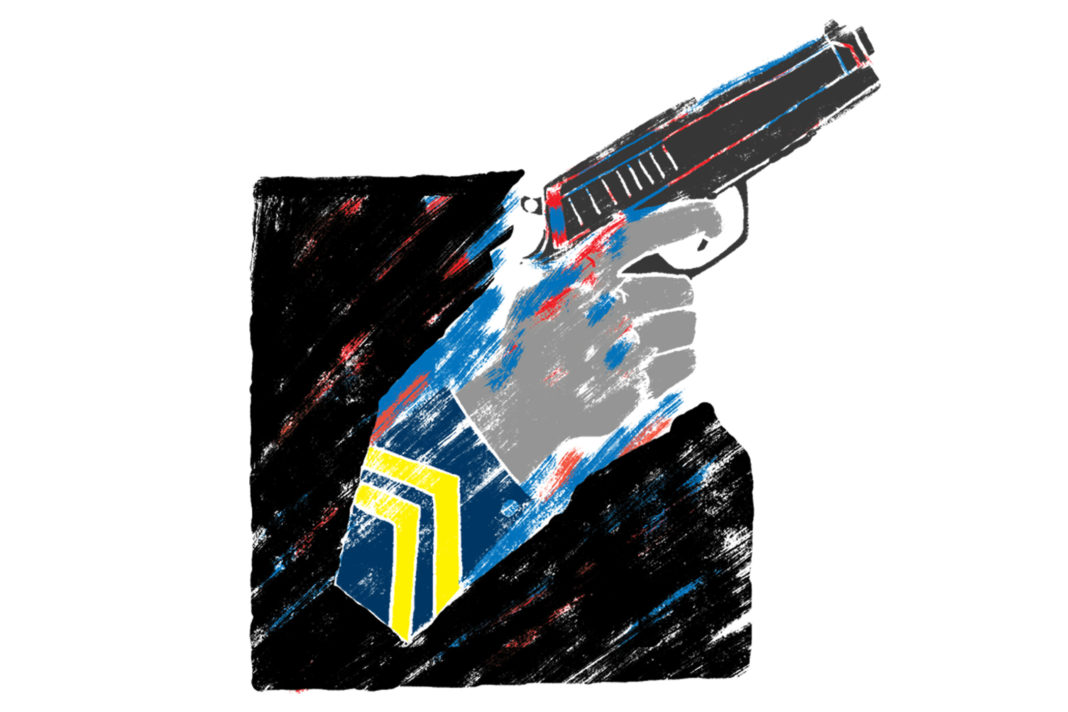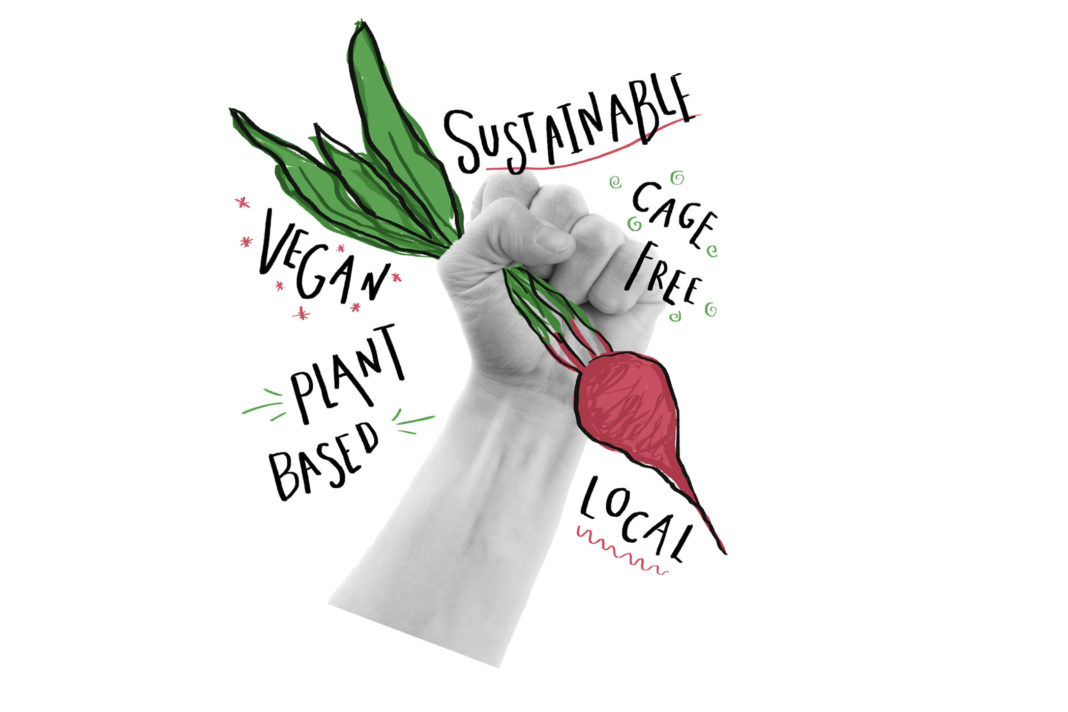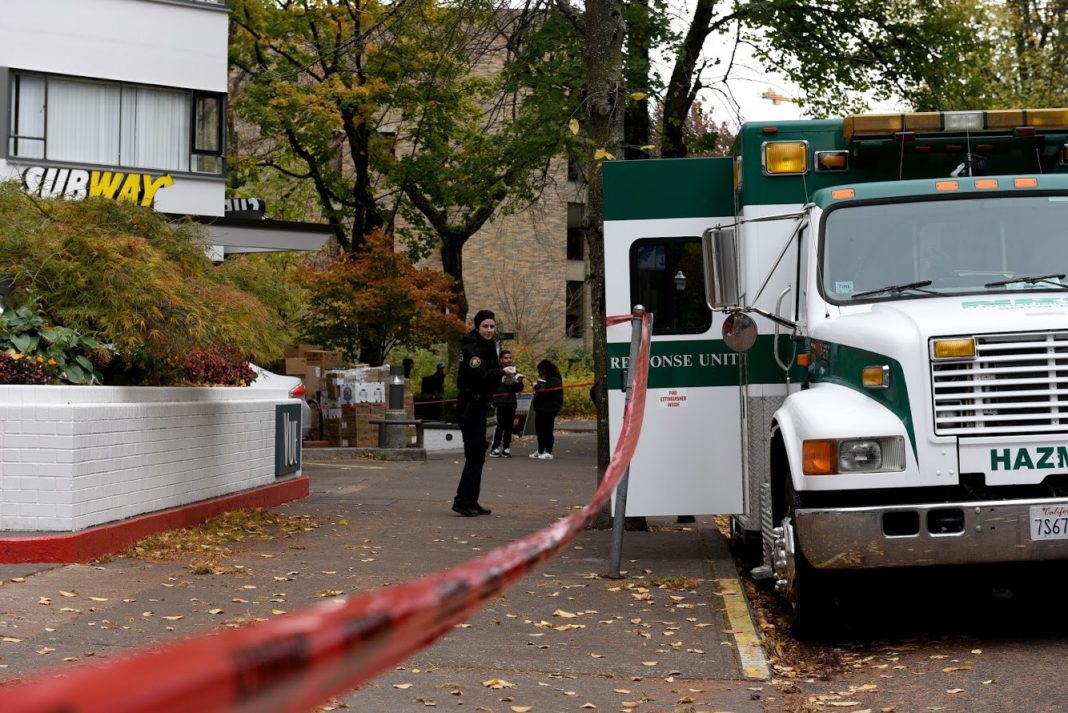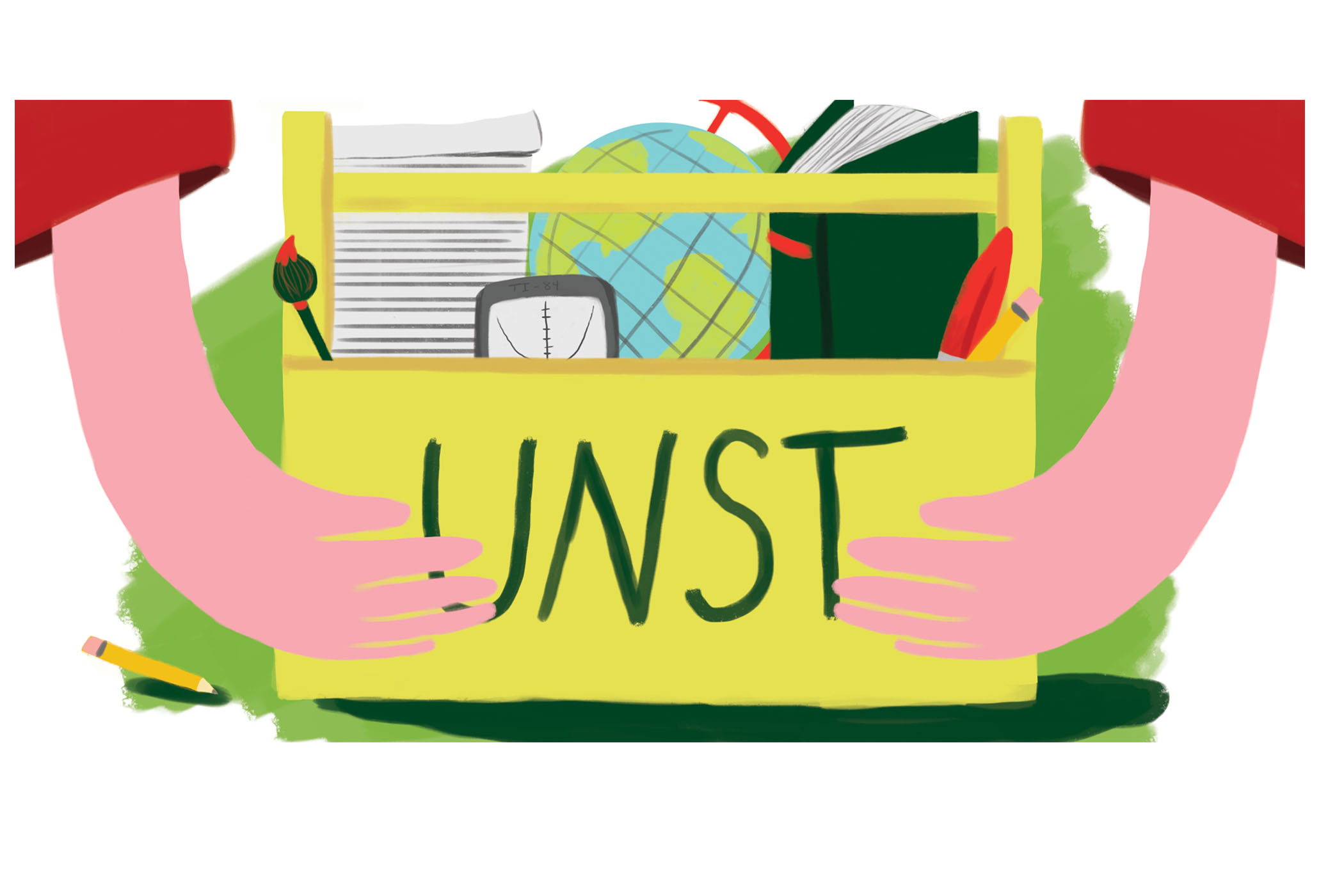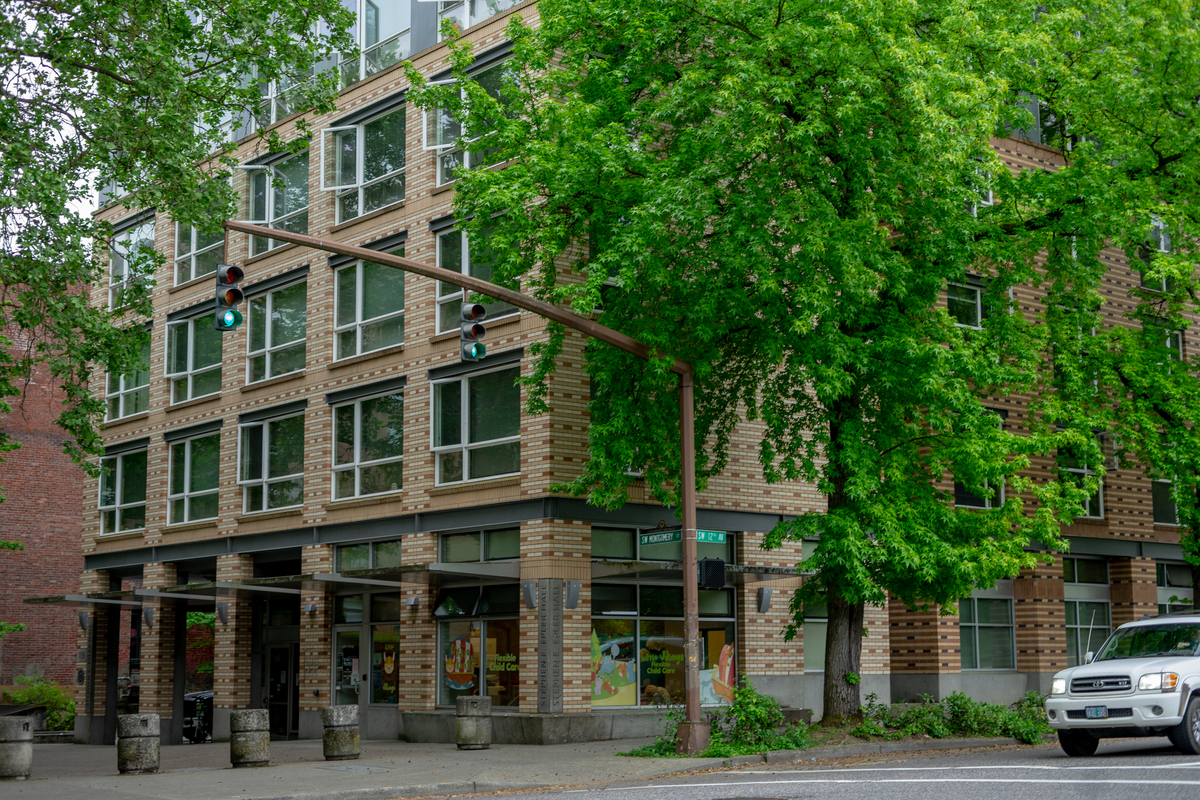Lethal and excessive force weakens community trust
Police keep killing people they shouldn’t, from 12-year-old Tamir Rice to 43-year-old father of six Eric Garner. Cops keep being scared and accidentally taking the lives of innocents. There doesn’t seem to be any repercussion for blue people killing people, and perhaps there should be.
The officer who shot Tamir Rice was fired, not for killing a 12-year-old, but for lying on his application. Officer Yanez received $48,000 in his mutual separation from the force after killing Philando Castile. No officers were found guilty in the death of Freddie Gray. None of the four cops who shot 59 bullets at Alex Nieto are being held responsible. We need to take a long, hard look at accountability and prevention for the men and women wearing blue.
Just a few “bad apples?”
The problem with this argument is that the good apples aren’t sticking their necks out to end protections for cops that kill unnecessarily. Perhaps most officers fear the day they too might be labeled a “bad apple” for killing an innocent person and want the blue wall of silence to remain standing for them. If the system is clearly working for other cops, why destroy it before you may need it? Cases like Philando Castile and Eric Garner should be cut and dry. Video evidence isn’t enough?
Sunil Dutta, a 17-year veteran of the police force, believes the problem is not with police but with people cops stop. Sunil believes people force the brutality and violence upon themselves while also advocating for not participating in illegal stops and searches. Philando Castile was profiled and stopped 52 times: He knew the drill, he stayed calm and did exactly what the officer asked, but was still killed. Freddie Gray’s stop and arrest were both unconstitutional.
Too many people are dying for police to keep blaming their victims. In the United States from 2000 to 2014, 12,137 people were killed by police. Until police hold each other accountable and call for the prosecution of officers who behave inappropriately on or off duty, they cannot in good faith expect the public to trust them. If they can’t expect the public to trust them, they in turn won’t trust the public, and you are more likely to kill someone you don’t trust.
Build trust with your community
Former Dallas Police Chief David Brown knows that trust is easier to lose than gain. Reform is difficult, but necessary. Brown increased training on the use of deadly force from every two years to every two months and met pushback from leaders in his department. Brown also made a habit during his career of having conversations with random citizens of his community at their homes.
When people talk about community policing, they mean getting to know your community and hiring people from that community. But police departments often interpret this as increased patrol of communities. Police cruising slowly down your street and eyeing you suspiciously does not build trust.
People aren’t going to immediately like you talking to them, but that’s because most times when police talk to you they’re writing a ticket, trying to determine if you’re up to no good, not genuinely trying to see if you’re day is going alright, human to human. Brown made attempts toward getting to know his community, and that’s commendable. Dallas’ use of force and crime statistics show his reforms helped significantly in ways that have made police and citizens safer.
Officers should be required to wear and turn on body cameras at all times. There is no reason why police should want to hide their actions from the public. If you’re telling the truth, video will strengthen your testimony. Two officers were on the scene when officer Mohamed Noor shot and killed Justine Ruszczyk, and neither had their cameras turned on. If you’ve got nothing to hide, don’t. Cameras are a form of transparency. Communities appreciate transparency; it builds trust.
De-escalation training
Police need to get better at de-escalating situations and practicing what that actually means. In one incident, a Portland Police Officer yelled for someone to “[expletive] stop or they’re gonna get shot.” Unfortunately, this seems a lot more like escalation than the “de-escalation approach” the officer and their supervisor claimed the threat to be.
De-escalation is not easy; Charles Kinsey knows this. He is a caregiver at the home where Rios Soto lives. Soto wandered away with a toy truck and was having an episode in the middle of the street. Kinsey was de-escalating when police officers accidentally shot Kinsey while trying to shoot Soto. If they had hit Soto, a man who didn’t have to die, it would have been another “justifiable use of deadly force,” but they didn’t. What they did caused psychological trauma to both Kinsey and Soto that didn’t need to exist. The community would have been safer if police hadn’t been there at all. Police could learn from Kinsey. Police need to learn how to calm people down and stop instinctively pulling the trigger when things get weird.
You’re right, not all cops are bad. Stephen Mader is an ex-Marine who was a police officer in West Virginia. One night he received a call about a man threatening to hurt himself. When he arrived he discovered the man, Ronald Williams, was holding a gun and begging to be shot. Mader said his training helped him evaluate that Williams was depressed and not a threat. While reasoning with Williams to drop the weapon, two other officers arrived on the seen and immediately shot Williams in the head. Williams’ gun was not loaded. Mader was fired for not killing Williams. Mader’s behavior is exemplary of what police departments need to strive toward, not punish.
Stop using and allowing excessive force in general
Eric Casebolt was allowed to peacefully resign after he and a group of other officers terrified a group of kids at a pool party, tactical rolls and all. Casebolt slammed a teenage girl onto the sidewalk and was not charged. Good cops should have called for his arrest. Two good cops leaked a video of officer William Martin berating a woman who called police because a neighbor choked her son. The woman didn’t appreciate it and the officer proceeded to bodyslam her. Those good cops who leaked the video were demoted. Good cops should have stood up for them.
We citizens understand that you cops get scared. But we need you to understand that you scare us. If you want our trust and respect, you have to trust and respect us. If cops keep killing and abusing citizens, it’s only logical citizens will be fidgety or try to run from cops, we don’t want to be body slammed, choked out, shot to death, or have our spinal cords severed while being driven around—that shit is terrifying. Sandra Bland, Philando Castile, Jordan Edwards, and Tamir Rice weren’t doing anything wrong, but they wound up dead. Stop saying, “If you’re not a criminal, you’ll be fine.”
By protecting the bad guys and not standing up for the good guys, you are controlling your narrative. You are telling the public what your priorities are. Your priorities are cops vs. everyone, and anyone who says otherwise is a traitor. Those bad apples are spoiling the whole damn bunch.

